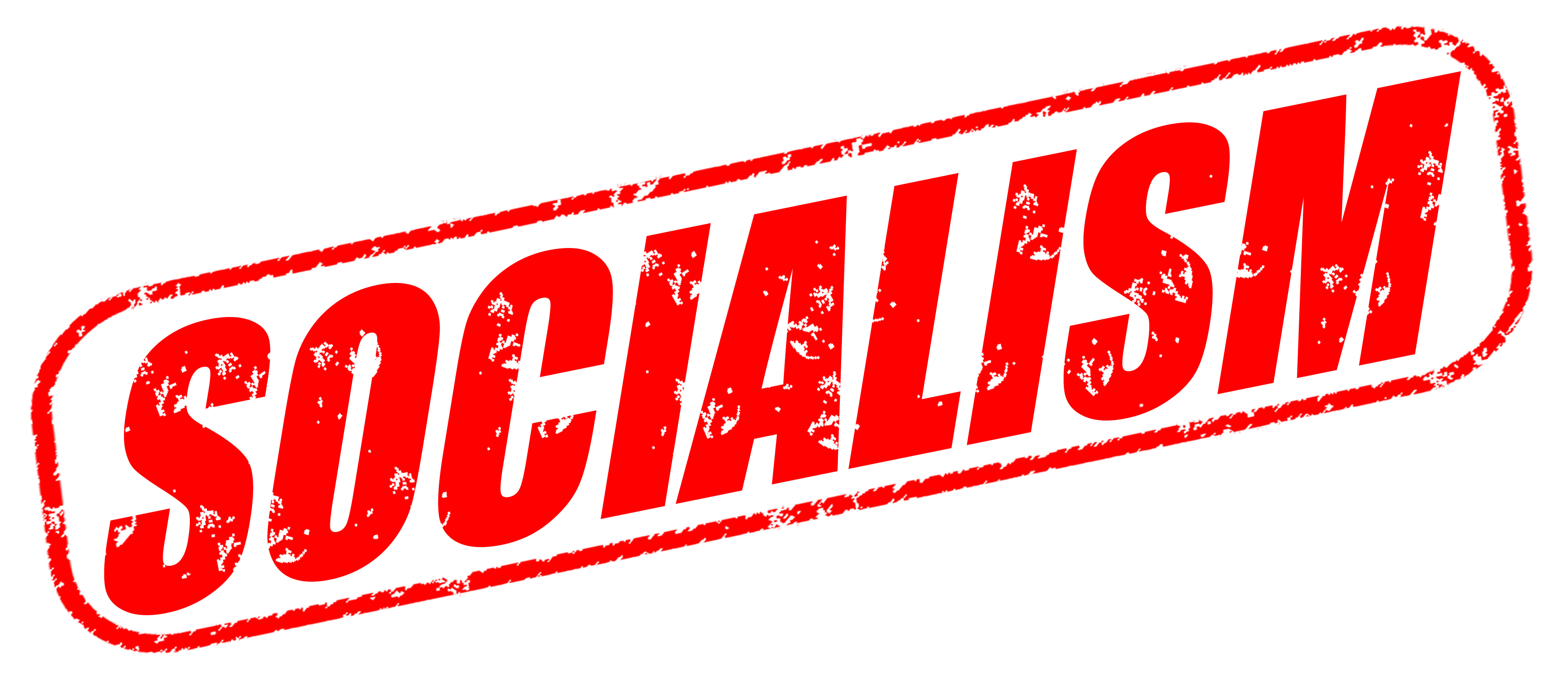By: Students – wsj.com – February 26, 2019
Editor’s note: In this Future View, students write about socialism. Next week’s topic is the media, which finds itself receiving an unusual amount of both praise and criticism during the Trump presidency. We’ll ask, “How is the media helping American democracy? How it is hurting?” Students should click here to submit opinions of fewer than 250 words before March 5. The best responses will be published that night.
Socialism Kills the American Dream
Young Americans have come to see socialism as a scheme to redistribute wealth more equitably, taxing the rich at higher levels to pay for services like universal health care. Conveniently left out is the most dangerous part of the ideology: state control of the means of production—or as I see it, turning all enterprise into the Department of Motor Vehicles or the Department of Veterans Affairs.
Neither is known for its customer service or standards of excellence, but put that aside, along with Google and Big Pharma and the losses in efficiency and innovation that nationalization would cause. That’s not even the most corrosive part of the scheme.
Think instead about the small-business owners you know, like the old man minding the local bookstore, the immigrant running the café, the family that for generations has owned the nearby factory, which managed to survive globalization and a hundred other threats to its survival. Why must the state—if you insist, “the people”—seize ownership? Why must we all have our hands on what they built to deny them their hard-earned profits? Socialism costs us not only efficiency, but also the spirit of creation in a free society.
—Avery Rogers, Stanford University, economicsSocialism Saves the American Dream
My generation’s socialism is different from the one America fought in the previous century. I support the new version because it’s the best way to preserve the American dream.It’s expensive to be poor in America. If you can’t afford to see the doctor for preventative care, it’ll cost you even more down the road, when serious health problems are detected late, which in turn can keep you from working full-time. If you get laid off or your wages stagnate, where’s your opportunity to forge a new path? Tuition is expensive, technology already is automating many jobs, and retraining programs promise much but don’t seem to deliver.
Americans have long believed that they can achieve anything, no matter what class they come from, with hard work. But rates of intergenerational mobility have flat-lined for decades, and when millions are left behind, something needs to change. Workers should be protected from companies fixated on the bottom line. Health care should be affordable for all. Education shouldn’t be followed by a debt hangover, decadeslong. The disenfranchised need to have the opportunity to succeed.
That’s what young people mean by socialism.
—Matthew Ingebritson, University of Wisconsin-Madison, finance, investment and bankingVarieties of Socialism, Varieties of Consequences
Socialism aims to create a more equitable society through collective ownership of the means of production. In its classic, most influential form, the state seizes control of the economy in the name of the people. But overthrowing the old system and all its “capitalist exploitation” always requires curtailing democratic rights, radically distorting markets and obliterating incentives to work. Repression and violence become necessary to sustain the system over time. Governments, tasked with securing economic prosperity for all citizens, necessarily become corrupt and ineffective. Even Yugoslavia, a “decentralized” socialist country, could not prevent its economy from imploding.
Social democrats share some end goals with socialism, including significant changes to the distribution of resources and capital, but they don’t advocate collective ownership. Historically, social-democratic parties have fought for democratic advances, and they can be proud of their work to secure workers’ rights and expand safety nets.
Yet problems still arise when social democrats overlegislate and overregulate; note the divergence of the German and French economies since Germany liberalized its labor market from 2003 to 2005. Excessive government interference with the free market stifles innovation, dampens efficiency, and as a result diminishes economic growth. People are more adept at responding to changing price signals than governments are. There’s a reason Silicon Valley didn’t sprout in Europe.
—Brian Sebetic, Wake Forest University, history and GermanForward
In one sense, socialism is an economic order centered on equity rather than raw economic growth. It promotes individual freedom by providing universal access to health care, the ability to pursue higher education without being crippled by debt, and coordination to cut carbon emissions, even if that means lower profits for corporations.
In another, socialism is a political movement. As president of my college’s democratic-socialist club, I stress that we are working to mobilize voters to effect a revolution by way of the ballot. Big donors and multinational corporations are gaining more control over our politics; socialism represents our way out of this crisis of democracy.
The Planner and the Pawn
How many times have you heard it said that socialism is great in principle but would never work in practice? That’s far too kind. Impossible in practice, socialism in theory is repressive and reprehensible.
To achieve equity, its cardinal virtue, socialist regimes seize productive property and allocate resources through a command structure rather than the market. Price signals are suppressed and the individual desires they represent are subordinated to the larger central plan. Human beings are reduced to pieces on the government planner’s chessboard, their talents and aspirations restricted for the “greater good.” But who defines that? The planners at the top, of course.
—Erik Halvorson, Hillsdale College, economics
To subscribe to this article, click read more.
Source: Socialism Is Back – WSJ
 Listen Online
Listen Online Watch Online
Watch Online Find a Station in Your Area
Find a Station in Your Area







 Listen Now
Listen Now Watch Online
Watch Online
